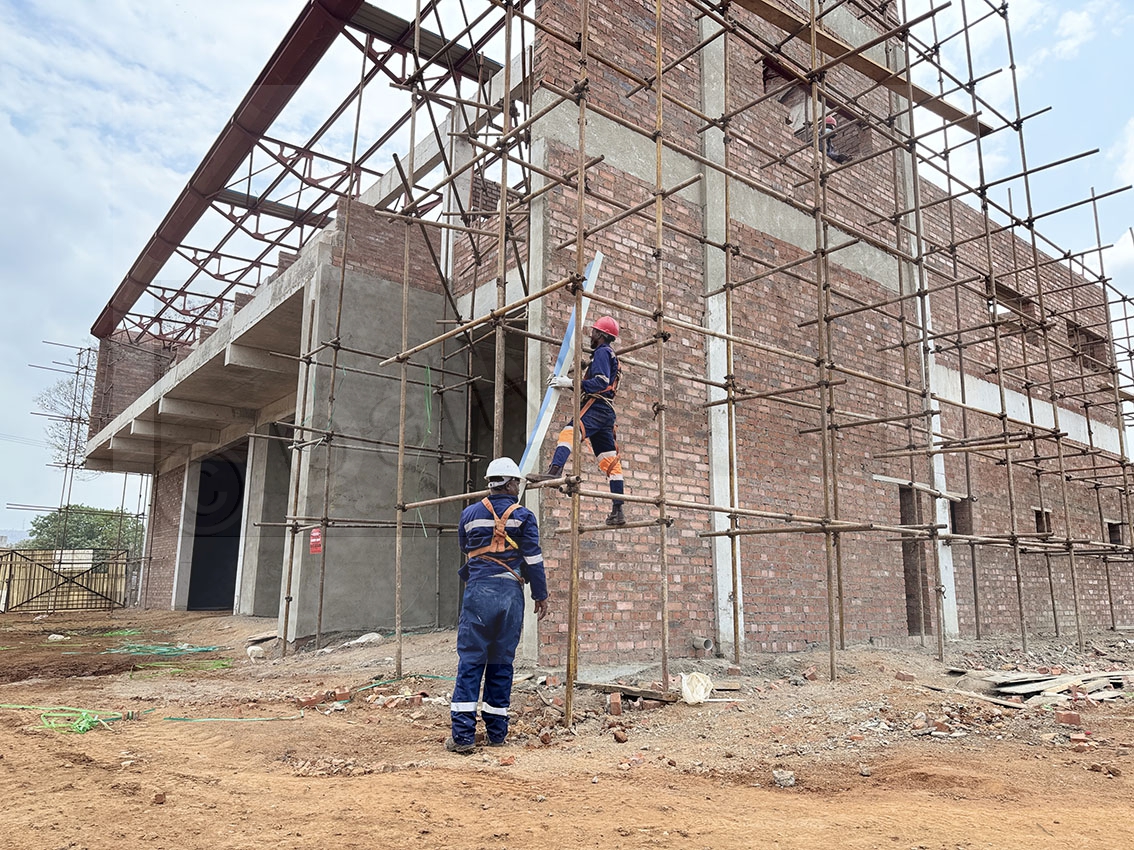Law to reinforce PPP implementation
27 Mar 2023
Public Private Partnership (PPP) law will reinforce attractiveness of PPPs in Botswana.
PPP Coordinator at Ministry of Finance Mr Boniface Mphetlhe, told BOPA recently that provision of policy and legislation for guiding the implementation of PPPs, as well as Public Finance Management (PFM) Act meant to guide investment in PPPs were some of key elements that provided conducive and attractive environment for PPPs.
In addition, he said, legislative framework, political will, proper projects selection and planning, government commitment, appropriate risk allocation, stakeholder engagement, technical capacity and appropriate structuring of projects were other key factors needed for successful PPP projects, he said.
Moreover, Mr Mphetlhe said indications were that the availability of a pipeline of PPP projects will give additional impetus to the government’s PPP commitment, which was expected to give confidence to the private sector to engage in PPP projects.
Ministry of Finance he said, had over the last five years developed a pipeline of 17 projects in consultation with line ministries, across energy, water, transport and building infrastructure sectors.
Mr Mphetlhe said these projects were also contained in the National Development Plan 11 as well as in the Transitional National Development Plan approved by Parliament in November 2022.
“Attracting PPPs also calls for equipping relevant officers with the skills needed to execute PPPs. The PPP unit has held capacity building workshops in the past to raise awareness and build expertise in the country for appropriate management of processes in line with PPP policy,” he said.
Mr Mphetlhe said to deepen and expand PPP attractiveness and its project development and rollout, government needed to ensure continued engagement with stakeholders, review of relevant policies and laws to facilitate implementation of PPPs.
He said this could be achieved by tapping on the expertise of multilateral organisations to build required skills in delivering successful PPP projects especially in the area of project screening and management.
This, he said would ensure that project that were registered as PPP projects were duly processed and packaged for private sector engagement from the onset, adding that at such stage, the magnitude and level of complexity of projects among others things would be verified.
Mr Mphetlhe explained that in a PPP arrangement, the responsibility of sourcing funding for delivery of the required project and/or service lied with the private party.
Therefore, the majority of the financial risks in relation to the provision of credit were passed onto the private party, however, credit providers would consider budget credibility, country risk perception, sovereign risk and sufficiency of the project cash flows as major risks when deciding to invest, he said.
In turn these would influence the financial viability of the project which would take into account the viability gap funding and/or the level of user or serve fees depending on the type of project, Mr Mphetlhe explained.
Among the 17 potential PPP projects that government was working on is the reclamation and treatment of Gaborone wastewater for potable use and Tshele Hills project which were currently at procurement of private party stage.
Majority of projects are at procurement of consultant stage and these include police headquarters expansion, State Theatre whereas feasibility study was ongoing for Serowe magistrate court, and BUIST student residence facilities projects, to mention but a few. Ends
Source : BOPA
Author : Marvin Motlhabane
Location : GABORONE
Event : Investment Climate Forum
Date : 27 Mar 2023






